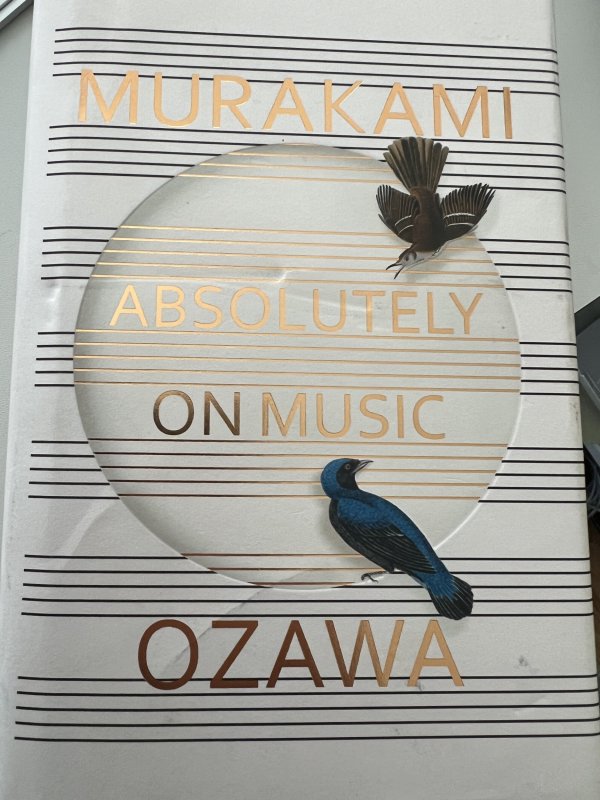from a recent newspaper article:
On one Friday evening, the conversation in the back room of All Blues in TriBeCa, where about two dozen people sat in leather chairs, was overtaken by the music streaming from three large, mid-20th-century speakers.
Behind a D.J. booth, Yuji Fukushima, 62, the owner of the bar, spun a set that included 1980s funk and late-career Dizzy Gillespie, which played from a pair of German-made turntables. Around the room were rare McIntosh amplifiers, a tape recorder from a Swiss audio company and the three speakers — JBL products that altogether cost tens of thousands of dollars.
The bar’s patrons were enjoying what Mr. Fukushima called a “music massage,” inspired by some of his favorite hangouts in Japan, where he grew up.
The lounges, better known as listening bars or listening rooms, are places that are typically centered on a high-quality sound system that plays vinyl records. These bars stem from Japanese cafes, known as jazz kissas, which have a similar focus. In the past year, listening rooms in New York, as well as in other cities, have opened with increasing frequency. Nightlife proprietors point to the sustained popularity of vinyl and a lingering hesitance toward large gatherings after the pandemic. (Tokyo Listening Room and Another Country are others that have opened in Manhattan within the past year.)
On one Friday evening, the conversation in the back room of All Blues in TriBeCa, where about two dozen people sat in leather chairs, was overtaken by the music streaming from three large, mid-20th-century speakers.
Behind a D.J. booth, Yuji Fukushima, 62, the owner of the bar, spun a set that included 1980s funk and late-career Dizzy Gillespie, which played from a pair of German-made turntables. Around the room were rare McIntosh amplifiers, a tape recorder from a Swiss audio company and the three speakers — JBL products that altogether cost tens of thousands of dollars.
The bar’s patrons were enjoying what Mr. Fukushima called a “music massage,” inspired by some of his favorite hangouts in Japan, where he grew up.
The lounges, better known as listening bars or listening rooms, are places that are typically centered on a high-quality sound system that plays vinyl records. These bars stem from Japanese cafes, known as jazz kissas, which have a similar focus. In the past year, listening rooms in New York, as well as in other cities, have opened with increasing frequency. Nightlife proprietors point to the sustained popularity of vinyl and a lingering hesitance toward large gatherings after the pandemic. (Tokyo Listening Room and Another Country are others that have opened in Manhattan within the past year.)







